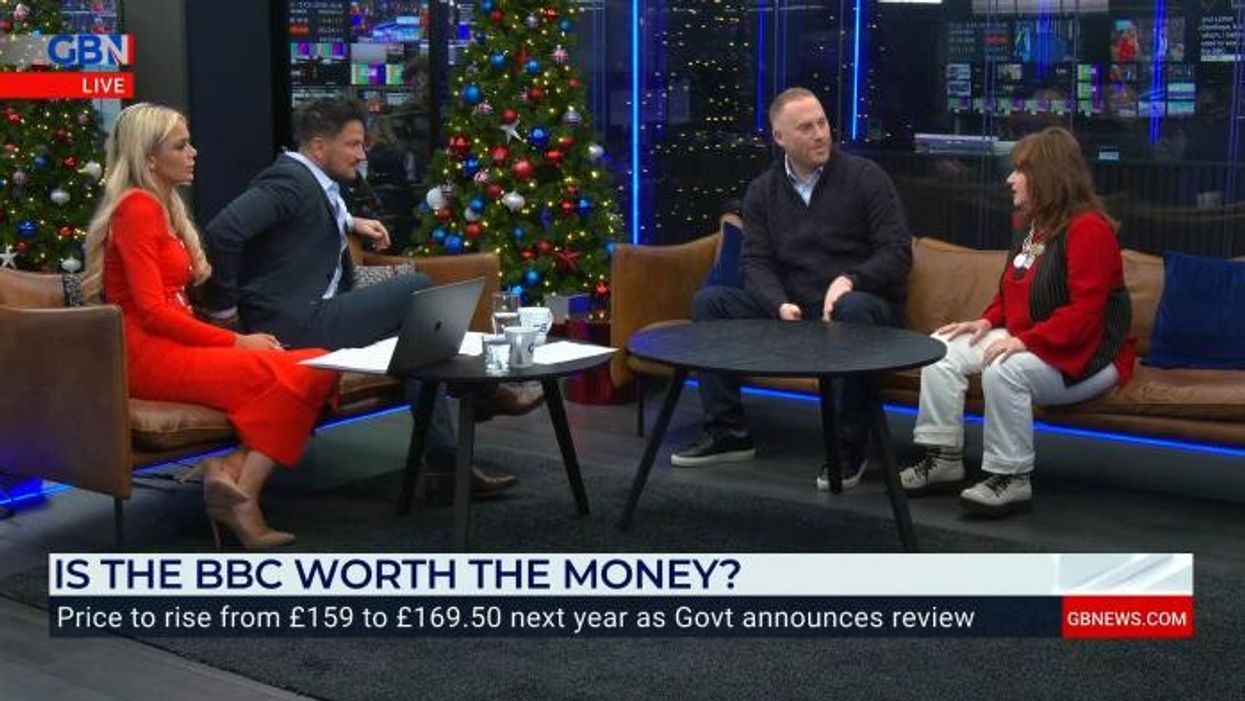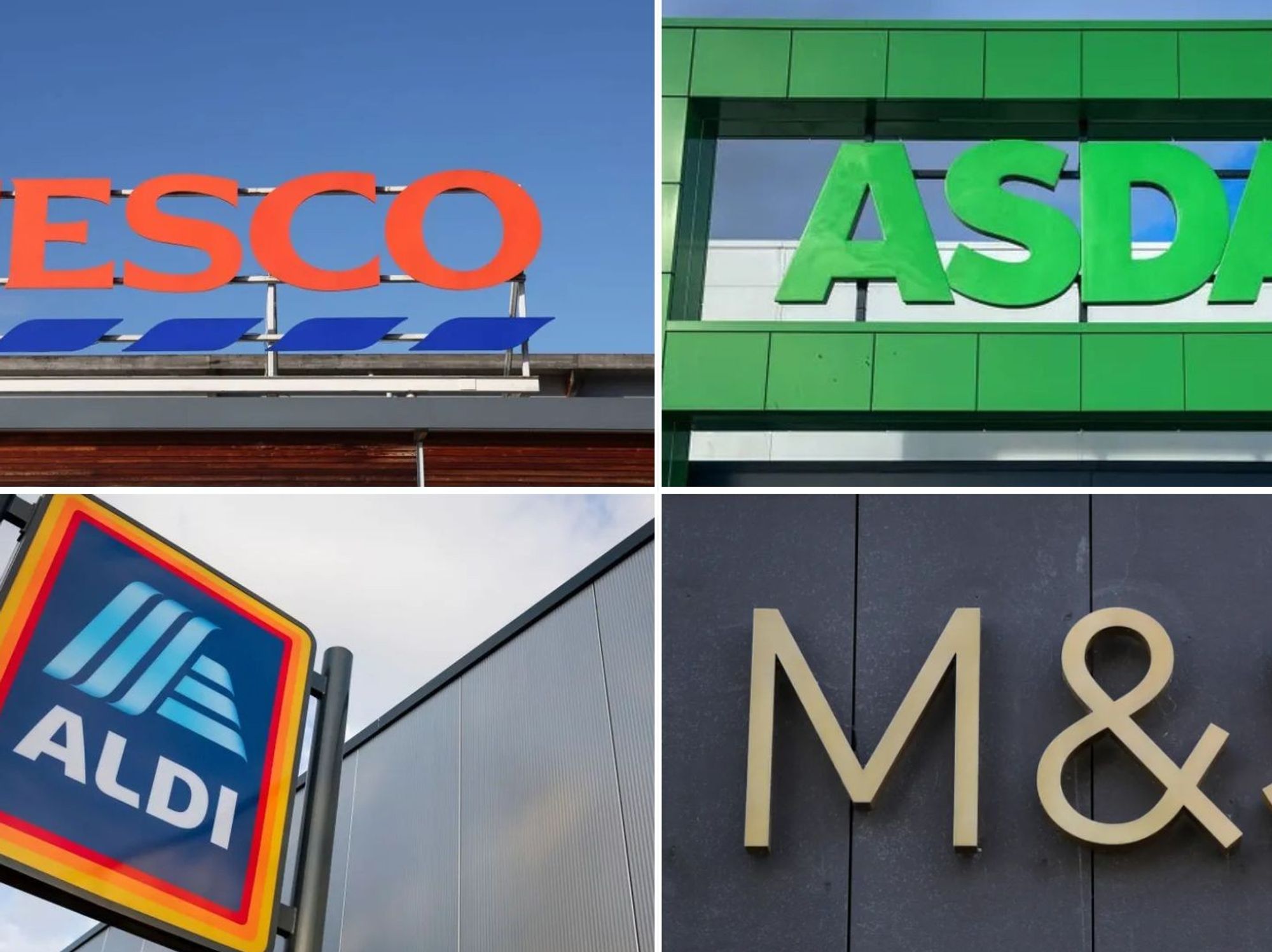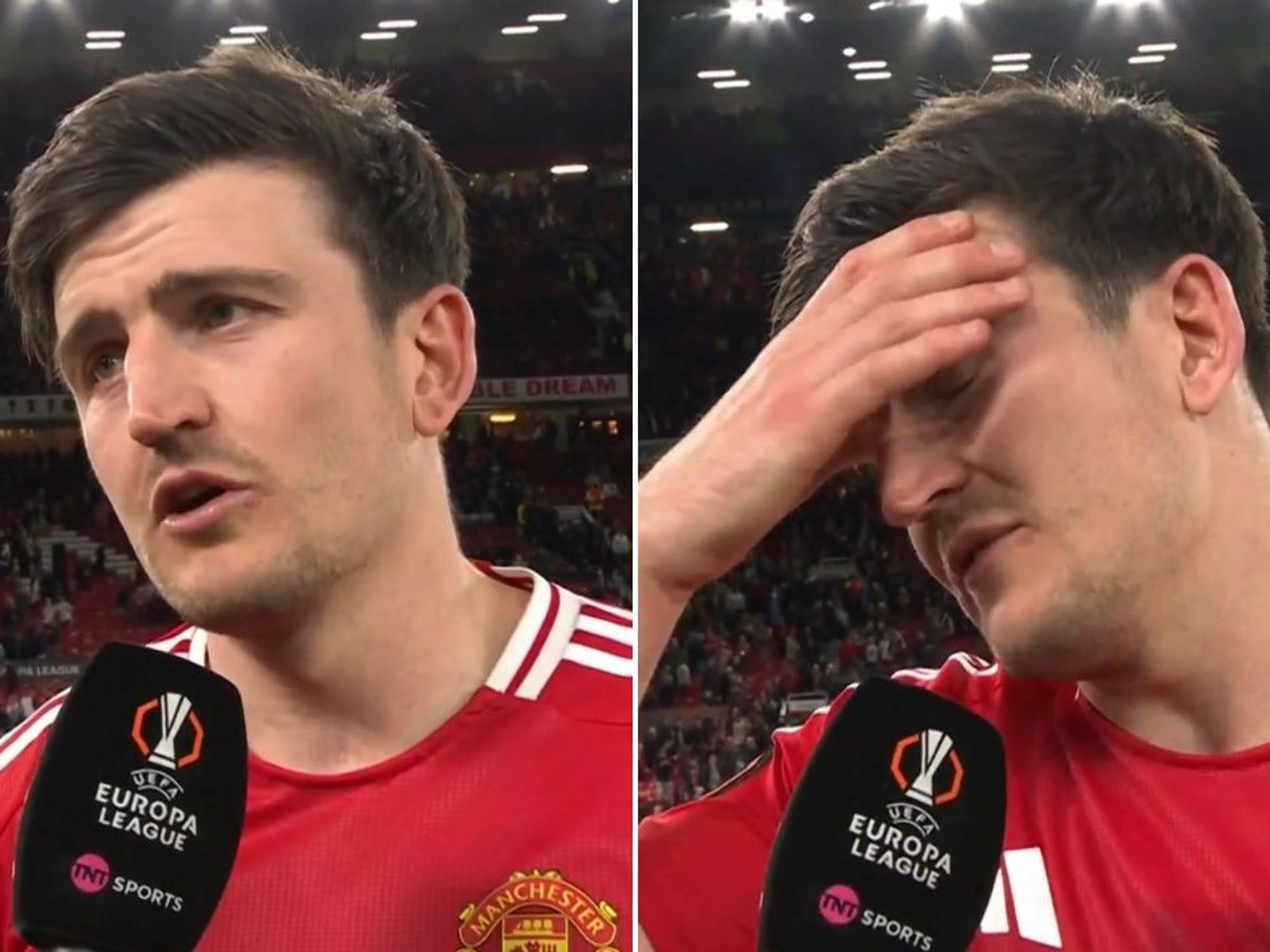The future of BBC funding and the state of the licence fee is being hotly debated
Don't Miss
Most Read
Trending on GB News
The TV licence fee has been slammed as “unfair tax” by an ex-boss of the BBC who recommended wealthier Britons pay more towards the levy going forward.
Greg Dyke, the public broadcaster’s former director-general, has called for the licence fee to remain in place but go forward as means-tested to alleviate low-income households from the financial cost.
In his new book, How do we pay for the BBC after 2027?, Mr Dyke claims the BBC was correct to reverse ex-Prime Minister Gordon Brown’s policy of free TV licences for over-75s.
Those in this age demographic are eligible for a free TV licence if they claim Pension Credit, a benefit payment reserved for pensioners on low incomes.
Have you been impacted by the TV licence fee? Get in touch by emailing money@gbnews.uk.
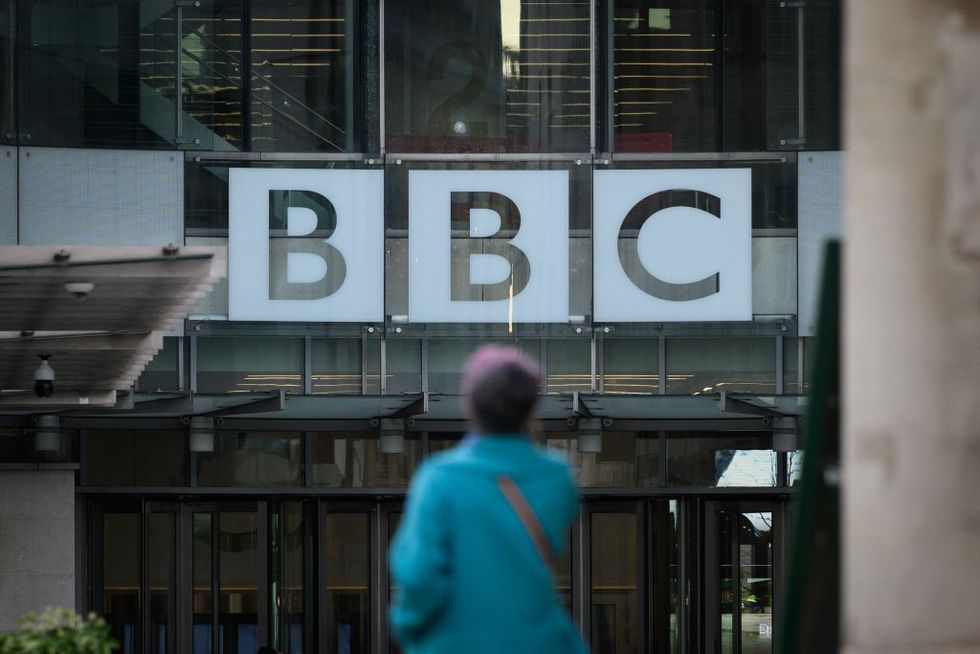
The BBC receives funding from the licence fee
GETTY
He highlighted that “many old people can easily afford to pay the licence fee” and are the biggest users of the service.
Mr Dyke explained: “The licence fee has always been an unfair tax whereby the poorest in the land pay the same as the richest.
“The revised system we now have whereby only pensioners receiving Pension Credit – the poorer pensioners – don’t pay for their licence is much fairer and that idea could be extended to people on benefits.
“To charge people for the right to have television receiving equipment in their home is not only unfair, it’s anachronistic. Why not charge them an extra tax for having a washing machine or a fridge?”
Speaking to the i paper, Mr Dyke recommended that wealthier households pay more to avoid the BBC being faced with up to a £1billion loss in funding by giving people on benefits free licences.
The licence fee is currently £159 annually and this is expected to rise to £169.50 in April of this year.
In December 2023, the Secretary of State for Digital, Culture, Media and Sport announced that the Government would raise the licence fee by 6.7 per cent in line with inflation.
This is a rise of under 3p a day and is the first time the licence fee has increased since April 1, 2022 following a two-year rate freeze.
LATEST DEVELOPMENTS:
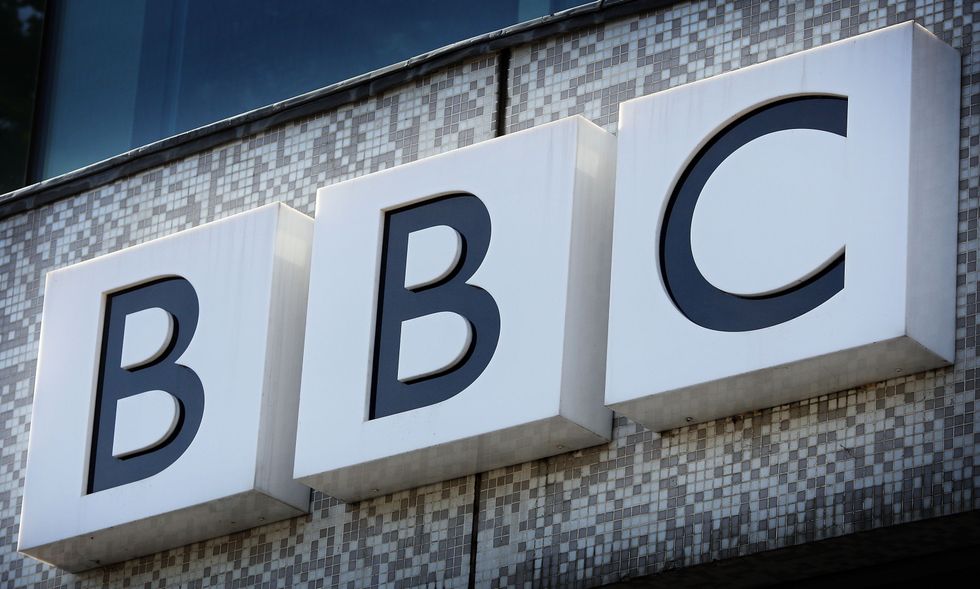
The ex-BBC boss is calling for reform of the licence fee
GETTYAs it stands, there are around nine million people of working-age who claim benefits but do not get any relief for the licence fee.
A BBC spokesperson told The i said: “We welcome the debate on whether the licence fee needs to evolve for the future, so that the BBC can continue to thrive and deliver for audiences in the UK and around the world.”
GB News has contacted TV Licensing for comment.

